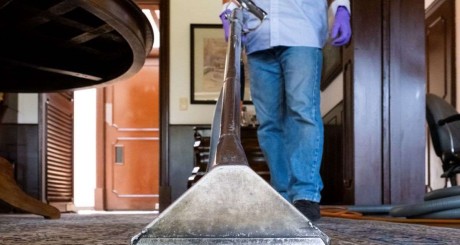Discover Key Insights and Tips for Insuring Your Small Business
Small Business Tips
Van vs Truck – What's Better for Your Business?
Looking for a company vehicle can be a difficult task that...
What Should I Consider Before Cancelling My Small Business Insurance?
Insurance isn’t cheap, and the prices are only increasing in...
Pagination
The materials available in the Knowledge Center are for informational purposes only and not for the purpose of providing legal advice. You should contact legal counsel to obtain advice with respect to any particular issue or problem. Use of this website or any of the links contained within the website do not create representations or warranties of any kind, express or implied, about the completeness, accuracy, reliability, suitability or availability with respect to the website or the information, products, services, or related graphics contained on the website for any purpose. Any reliance you place on such information is therefore strictly at your own risk.







